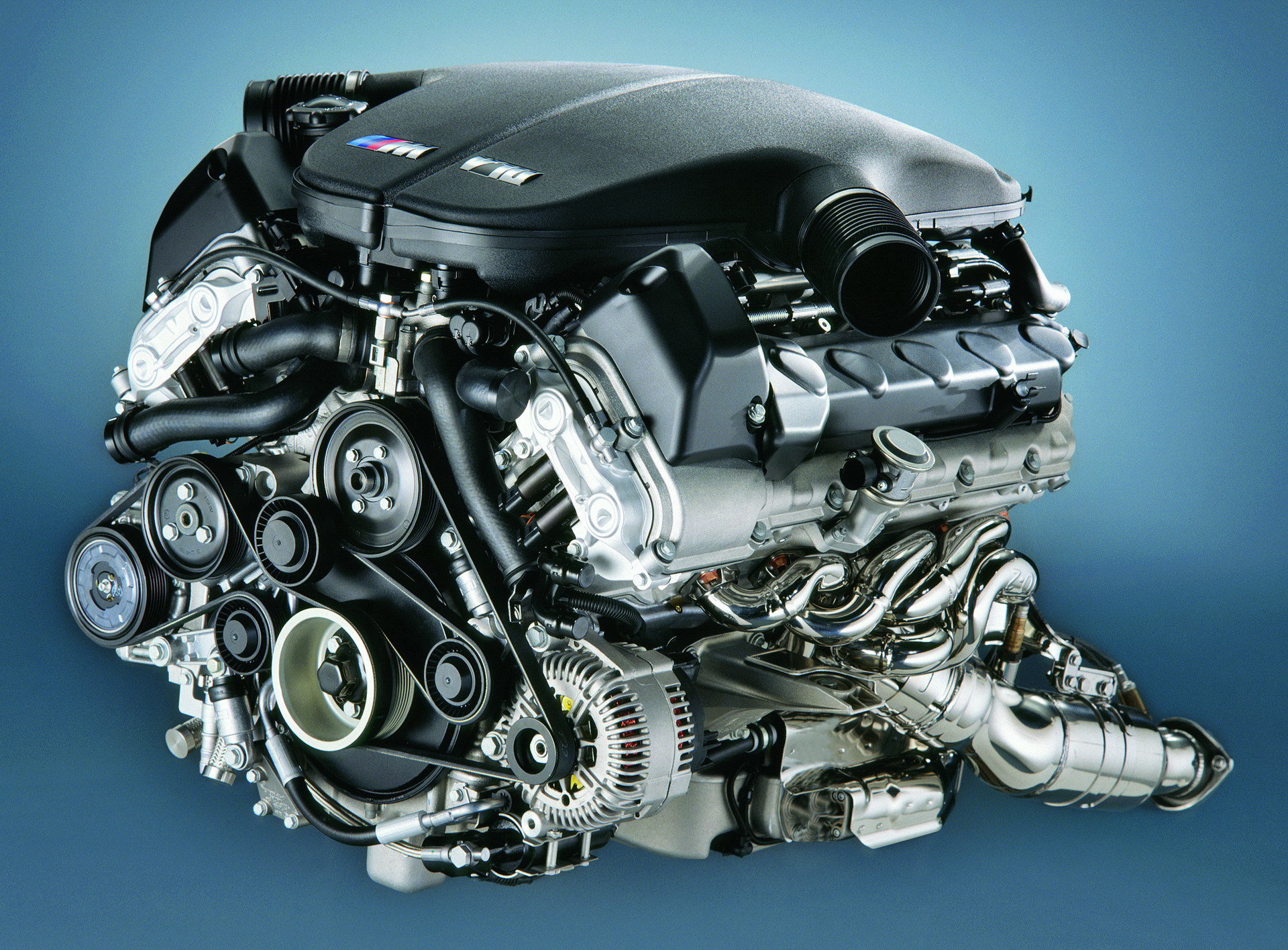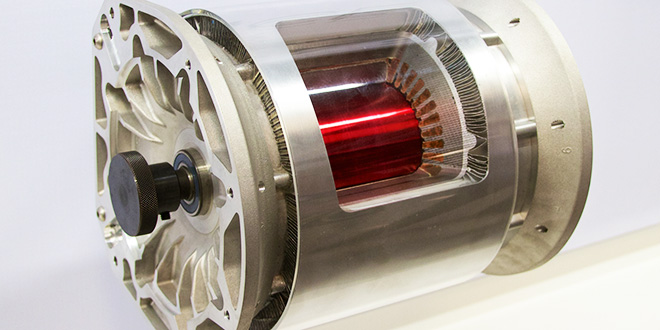Why Electric Vehicles?

When EVs first came on the scene, many people believed that the sheer simplicity of the concept, and the extremely high efficiency that it gave birth to, would be the motivating force behind the transition from internal combustion engines.
We thought that high cost of ownership associated with many hundreds of moving parts would eventually make EVs far easier on the wallet. That would be amplified by the shrinking world petroleum reserves, wars over oil, and the promise of electrical energy that would soon become “too cheap to meter.”
What has actually happened, however, at least here in the U.S., is a combination of environmental concerns and Americans’ love for really cool, high-performance cars. When Tesla came along with a car with a 400+ mile range and 0-60 MPH acceleration of under two seconds, that signaled the rapid development of EVs by every automaker on Earth who wishes to be here 10 years “down the road.”

